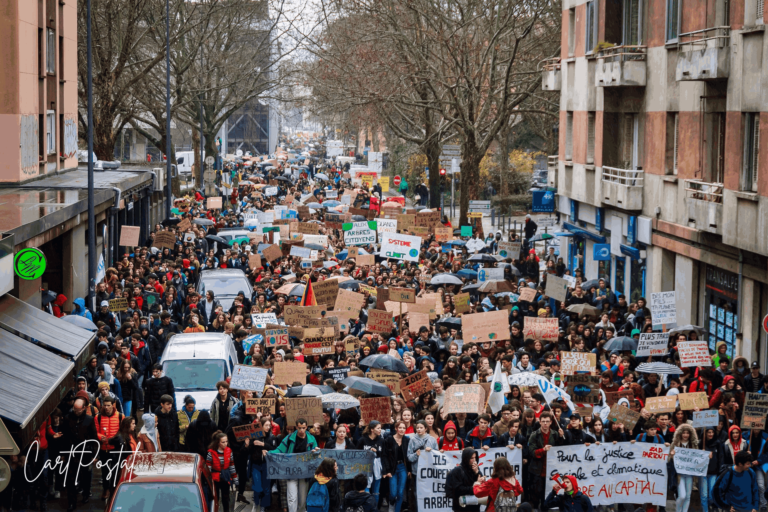Barcelona, one of the most visited cities in the world, has long been a favorite destination for tourists seeking vibrant culture, stunning architecture, and beautiful beaches. However, the city’s popularity has given rise to a growing movement of local residents protesting against the negative effects of overtourism. This blog explores the reasons behind these protests, the impact of tourism on the city, and how both visitors and local authorities are responding to the challenge.
1. The Rise of Overtourism in Barcelona
Barcelona’s tourism industry has grown rapidly over the past two decades. With millions of visitors arriving each year, the city’s population of approximately 1.6 million residents is dwarfed by the nearly 30 million tourists that visit annually. This dramatic influx has put a strain on the city’s infrastructure, public spaces, and housing, leading to a phenomenon known as overtourism.
Overtourism refers to the point at which a destination’s capacity to accommodate visitors is exceeded, causing disruption to the daily lives of residents, damaging the environment, and diminishing the quality of the tourist experience. In Barcelona, this issue has been a growing concern, with many locals feeling overwhelmed by the sheer number of visitors and the changes brought about by the tourism boom.
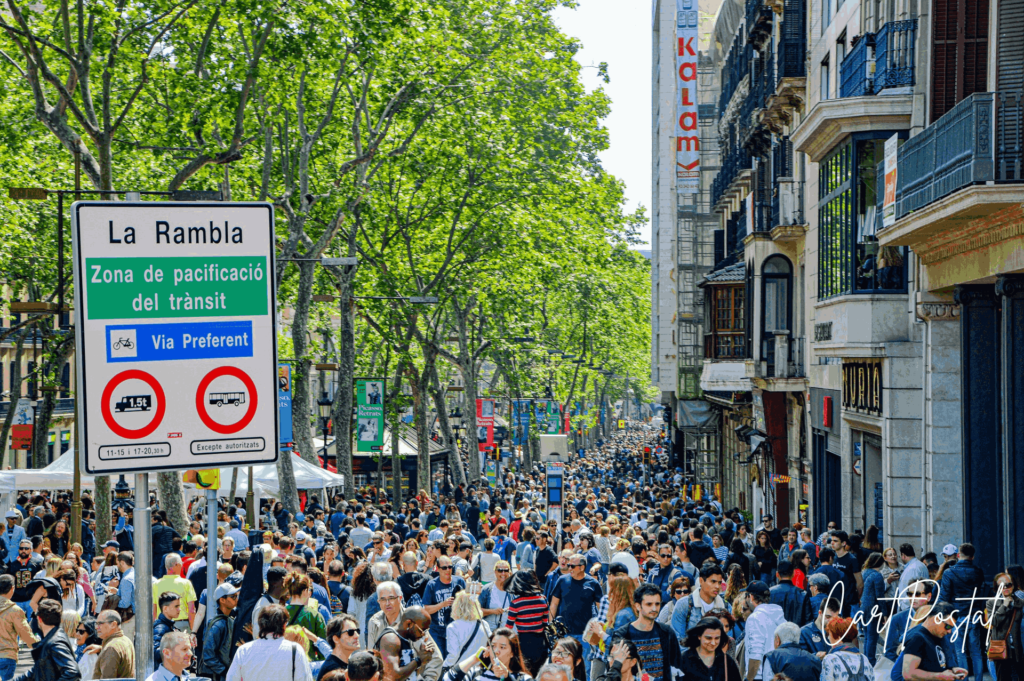
2. Why Are Locals Protesting?
Local residents have several reasons for protesting the current state of tourism in Barcelona. Below are the key concerns driving the movement:
a. Displacement and Rising Rent
One of the most significant effects of overtourism is the rise in property prices and rent, particularly in the city’s most popular neighborhoods. Short-term rental platforms like Airbnb have made it lucrative for property owners to rent to tourists instead of long-term residents. As a result, many locals have been priced out of their homes and forced to move to less central areas, causing frustration and resentment.
b. Overcrowding in Public Spaces
With millions of tourists flocking to Barcelona’s famous landmarks like La Sagrada Família, Park Güell, and Las Ramblas, public spaces have become overwhelmingly crowded. Locals often find it difficult to navigate their own city, especially during peak tourism seasons. Public transportation, beaches, and even daily services can become congested, disrupting everyday life for residents.
c. Loss of Cultural Identity
Tourism has also affected the cultural fabric of Barcelona. Many locals feel that their city is being transformed into a commercialized version of itself, catering more to visitors than residents. Traditional shops and restaurants are being replaced by tourist-focused businesses, and some locals believe that Barcelona’s unique Catalan identity is being diluted by the influx of international visitors.
d. Environmental Impact
The environmental cost of overtourism is another concern for Barcelona residents. The increase in air travel, cruise ships, and tourist-related waste has put pressure on the city’s resources and environment. Locals worry that the city’s sustainability is being compromised by the constant flow of tourists, many of whom leave behind a significant carbon footprint.
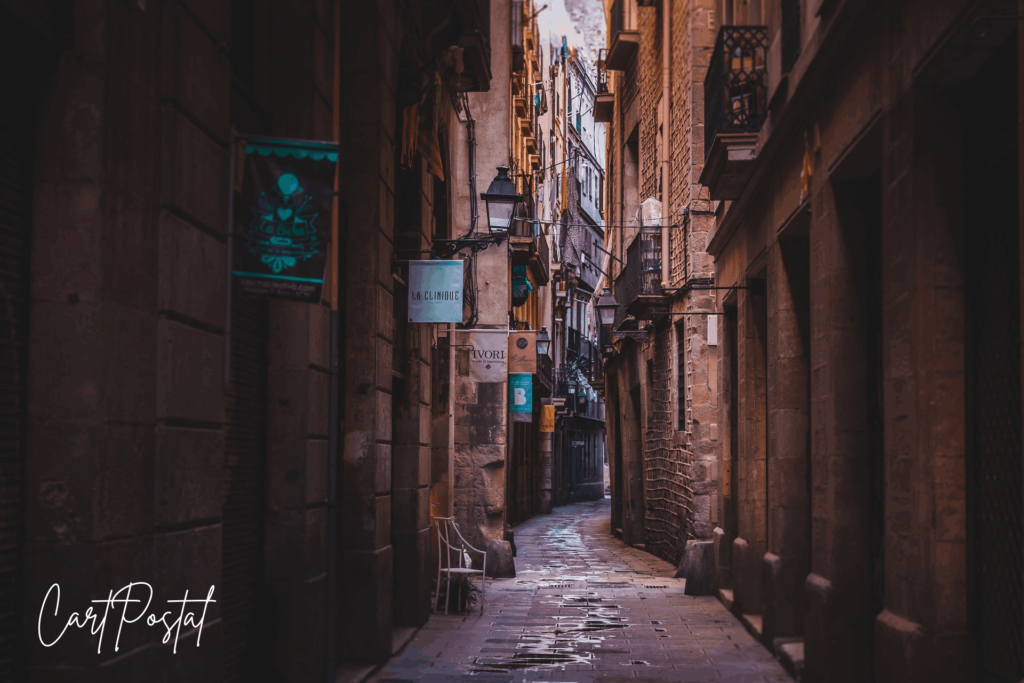
3. Key Protest Movements
Several grassroots organizations and neighborhood associations have taken the lead in protesting overtourism in Barcelona. These groups have organized demonstrations, marches, and other forms of protest to raise awareness about the impact of tourism on their communities.
For example, in 2017, protesters in the seaside neighborhood of Barceloneta took to the streets to demand that authorities address the negative effects of tourism, including noise pollution, overcrowding, and rising rent prices. Slogans like “Tourists Go Home” and “Barcelona Is Not For Sale” became common sights during protests. Activist groups like Arran have also gained attention for their bold tactics, including defacing tourist buses and rental bikes to make a statement about the city’s overtourism problem.
4. Government Response and Regulations
In response to the growing discontent among residents, the Barcelona government has implemented several measures to regulate tourism and mitigate its negative effects.
One of the most significant actions taken by local authorities is the introduction of restrictions on short-term rentals. These regulations limit the number of properties that can be rented to tourists, aiming to reduce the strain on housing and prevent further displacement of residents.
Additionally, the city has introduced a tourist tax, which helps fund the management of tourist activities and maintain public spaces. There are also discussions about placing a cap on the number of cruise ships that can dock in the city’s port, which contributes to both environmental and overcrowding issues.
However, many locals feel that these measures are not enough. They argue that while tourism is crucial to Barcelona’s economy, more needs to be done to address the root causes of the problem and protect the city’s livability for residents.
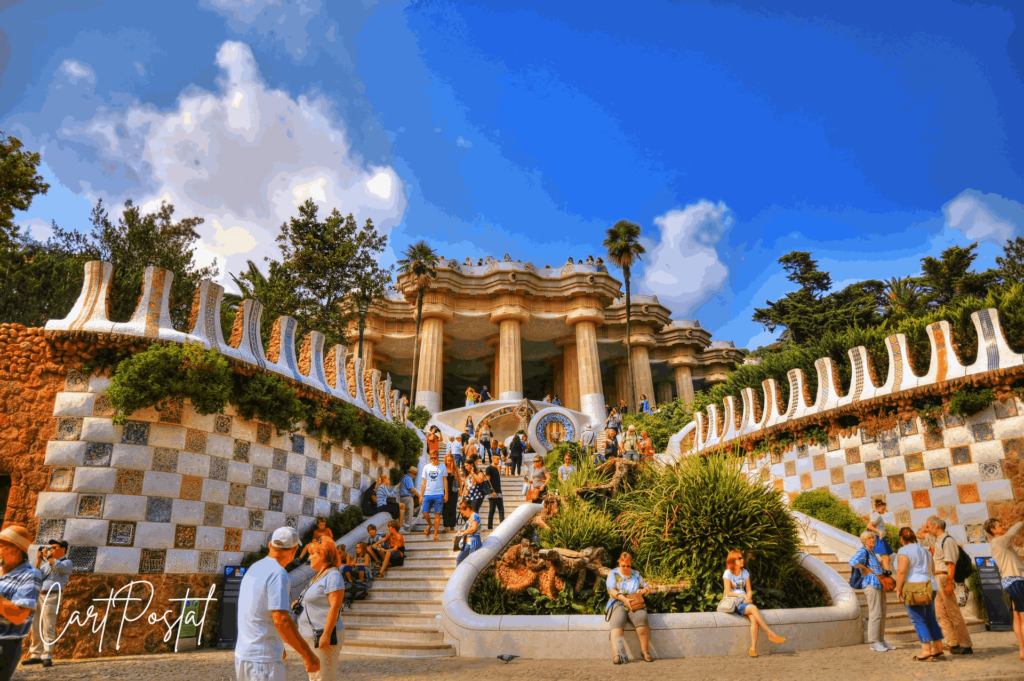
5. Balancing Tourism and Local Needs
Finding a balance between supporting tourism, which is vital to Barcelona’s economy, and addressing the concerns of local residents is a complex challenge. Tourism brings significant economic benefits, including job creation and revenue for businesses, but it must be managed carefully to avoid long-term damage to the city’s social and environmental fabric.
Several potential solutions could help balance the needs of both locals and tourists:
- Promoting sustainable tourism: Encouraging eco-friendly practices and responsible tourism can help reduce the environmental impact of visitors.
- Dispersing tourists: By promoting lesser-known neighborhoods and attractions, authorities can spread tourists out across the city, reducing congestion in key areas.
- Limiting short-term rentals: Strengthening regulations on Airbnb and other platforms can help ensure that residents have access to affordable housing.
- Increasing tourist taxes: Higher taxes on tourists could help fund improvements to the city’s infrastructure and services, benefiting both residents and visitors.
6. How Tourists Can Be More Responsible
Tourists themselves can also play a role in reducing the negative impact of overtourism. Here are a few tips for visiting Barcelona responsibly:
- Respect local communities: Be mindful of the fact that you are a guest in the city. Respect local customs, traditions, and public spaces.
- Avoid overcrowded areas: Consider visiting lesser-known attractions or exploring the city during off-peak times to reduce pressure on popular sites.
- Stay in sustainable accommodations: Choose eco-friendly hotels or guesthouses that support the local economy and have a lower environmental impact.
- Minimize waste: Dispose of trash properly and be conscious of your environmental footprint when traveling.
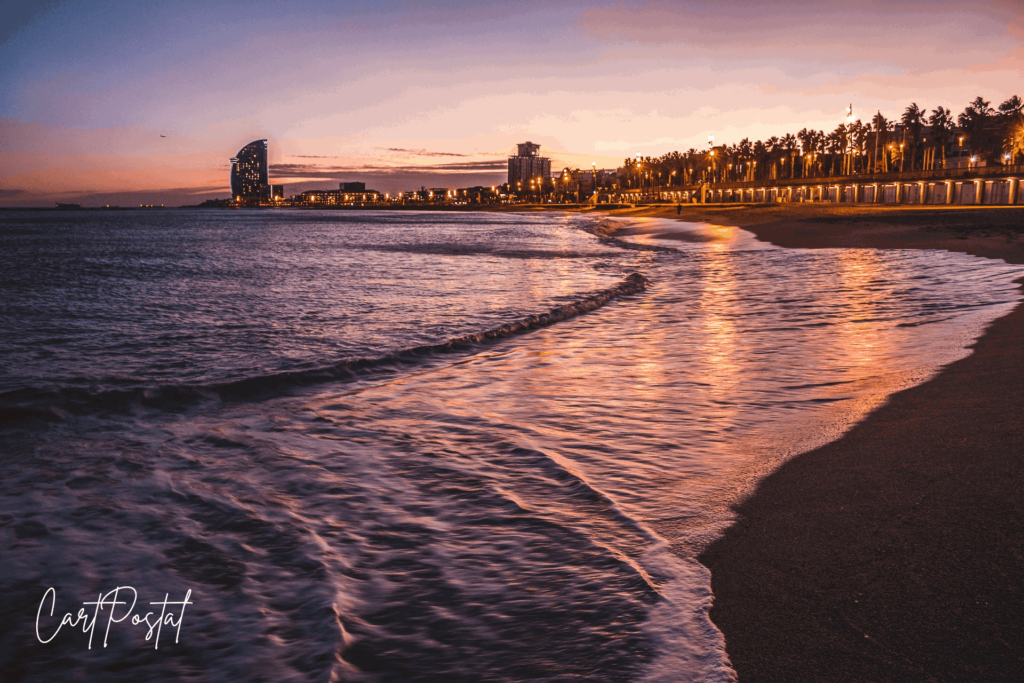
Conclusion
The protests against overtourism in Barcelona are a reflection of the growing, tension between a booming tourism industry and the needs of the local community. While tourism is essential to the city’s economy, the impact on residents’ quality of life cannot be ignored. By understanding the reasons behind these protests, supporting sustainable tourism practices, and implementing thoughtful regulations, Barcelona can strike a balance that benefits both visitors and locals.


